The Dean of Research: We need researchers to join in the public discourse now more than ever
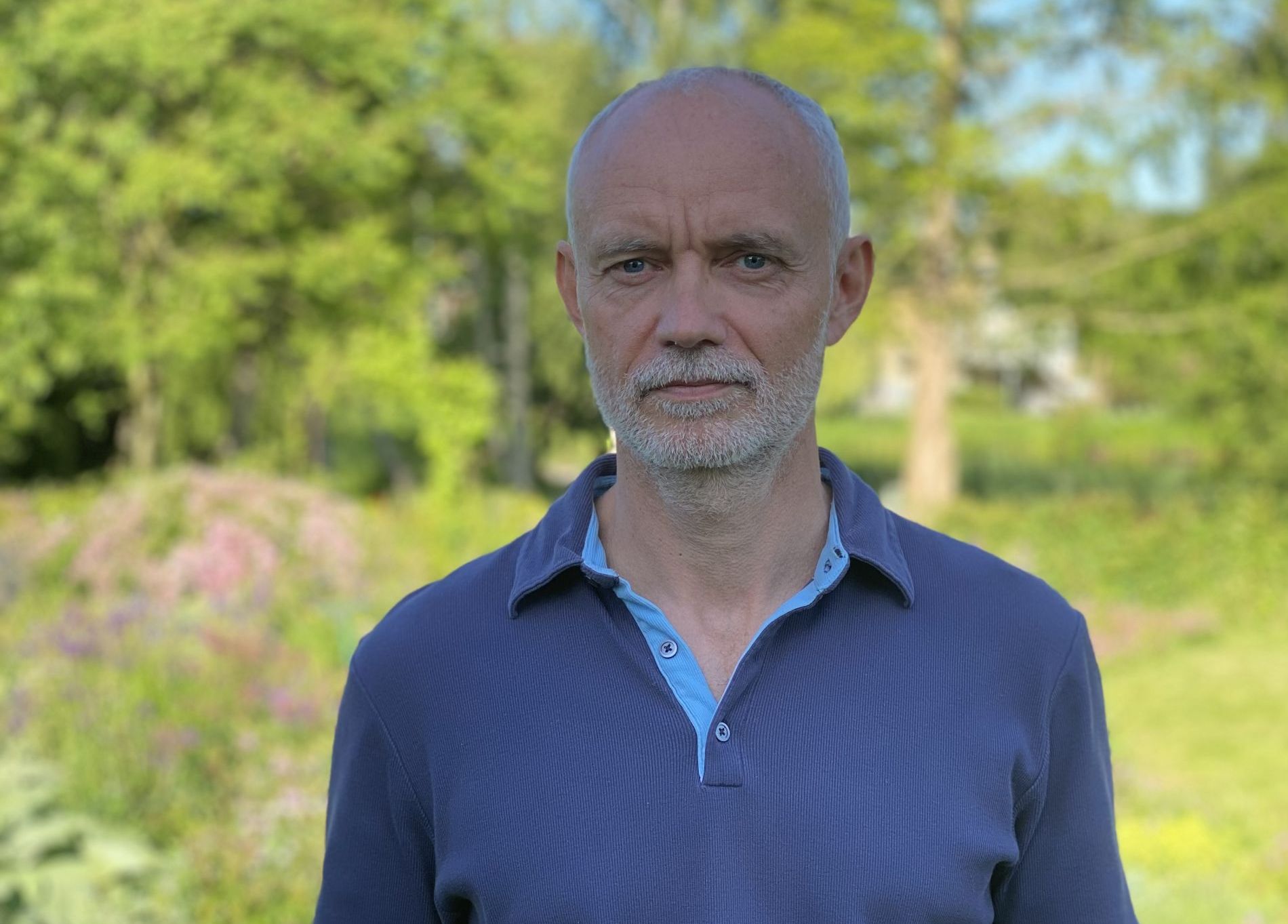
In this interview, Søren Hvidkjær, the Dean of Research, shares his views in the recent weeks' debate and the new parliamentary resolution. (Photo: Private)
Søren Hvidkjær, the Dean of Research, calls the ongoing debate on the freedom of research both “important” and “unfortunate”. He stresses that, contrary to claims made by Henrik Dahl and Morten Messerschmidt, he has not seen examples of excessive activism at CBS.
“The debate just keeps going. Every day I see several opinion pieces and comments adding to it,” says Søren Hvidkjær, the Dean of Research at CBS.
In recent weeks, Søren Hvidkjær has been following the debate on what is claimed to be excessive research activism ignited by two Danish politicians, Morten Messerschmidt and Henrik Dahl. The debate has been characterized by attacks on individual researchers and specific fields of research such as gender and immigration studies, and researchers have been blamed for being pseudo-scientific and conducting politics in disguise.
“It is completely unacceptable that researchers cannot do their job, which also involves providing research-based dissemination and thus participating in the public discourse. And with the new CBS strategy, we need to make research available to society,” he says and continues:
“What we can do is to support the researchers who end up in situations like these, and hopefully they will not step back from participating, because we need researchers to join in the public discourse now more than ever.”
Why is their participation so crucial?
“Because they can add research-based insights and real value through all the noise,” he says and adds:
“It’s clear that the public debate has changed over the past 20 years. The newspapers, radio and TV used to have a monopoly on the public debate, and you had to go through them. Now anyone can participate and reach out. We know trolls are out there, and things that might have been said in private can now easily be broadcasted to the world. Attacks and harassment are occurring in the public domain, and, unfortunately, our researchers are also at the receiving end of such attacks.”
The question is, have I seen excessive activism at CBS? No, I haven’t
Søren Hvidkjær
Søren Hvidkjær explains that CBS has a procedure for helping researchers who have ended up in unpleasant situations where they feel threatened or harassed.
“I hope our researchers are aware that they can always reach out to their heads of department, who will take the case from there. And we have both legal and communication experts who can help and discuss a case. This can cover how to respond to criticism or how to act on harassment, if that’s the case. We are here to help, and researchers should not hesitate to reach out,” he stresses.
Parliamentary resolution “states the obvious”
As a result of the debate, the Danish parliament passed a resolution stating that “the Parliament expects the university managements to continuously safeguard that self-regulation of scientific practice is functioning. In other words, that conformism is avoided, that politics is not disguised as science, and that it must not be possible to systematically avoid legitimate professional criticism.”
But according to Søren Hvidkjær, the resolution “states the obvious”.
“I don’t think it’s so much the specific wording, but rather the perceived motivation behind passing it that has provoked researchers. The resolution is a call to university leaders to avoid conformism, and this is, of course, something we already do. I don’t think we have echo chambers at CBS, and indeed we have very specific checks in place to ensure that we don’t,” he says.
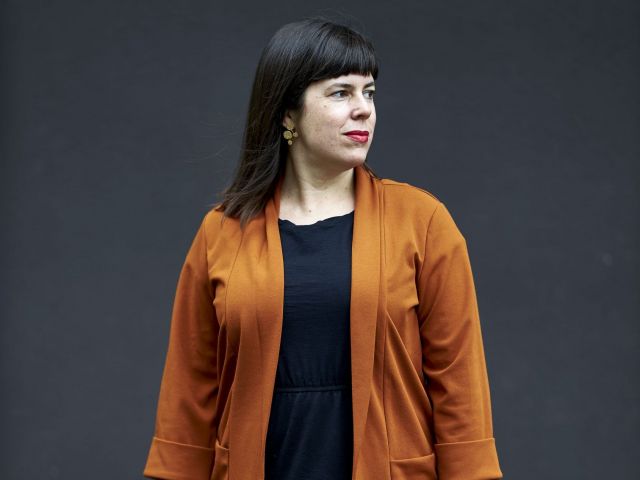
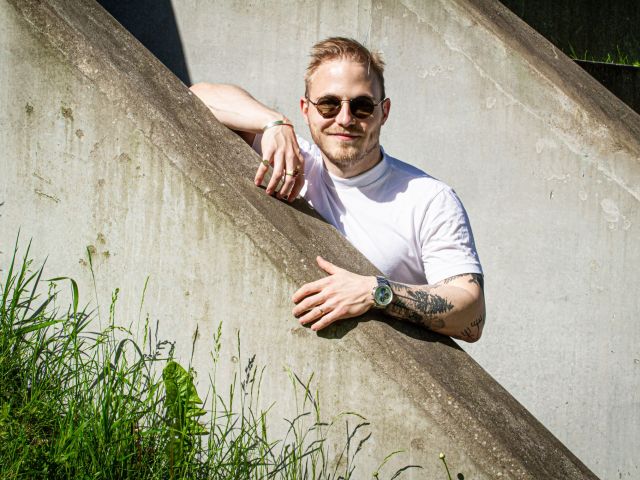
Søren Hvidkjær explains that CBS, on a regular basis, conducts individual department research evaluations, during which an international team of external evaluators of “highly esteemed researchers” from various fields of research visits the department in question to evaluate the quality of research. For example, the Department of Management, Politics and Philosophy is currently undergoing a department research evaluation, and the four-person evaluator team is led by a researcher from outside the disciplines of MPP.
Moreover, the CBS Wide Appointment Committee (CWAC) comes into play during promotions and hiring and, among other things, evaluates the research conducted he explains. CWAC consists of the two deans and four professors, and to ensure arms-length deliberations, a professor from a department that brings forward a case will not participate in the decision.
But do Henrik Dahl and Morten Messerschmidt have a point in their claims about the existence of excessive activism in research?
“There can be activist elements to research, which might manifest itself more when participating in the public discourse. When it becomes problematic is when the activism becomes excessive. For instance, that could be if researchers selectively choose data to fit a preconception they might have. The question is, have I seen it at CBS? No, I haven’t. Researchers are very conscientious and are aware that their reputations are at stake,” he says and continues:
“Much of the critique I find to be unfair and uninformed. When disseminating research, the format does not always allow for providing all possible reservations that might exist to a message. And again, excessive activism, will manifest itself in poor quality research. Therefore, it’s essential to focus on quality, which is something we continuously work to improve.”
Irrespective of the nature of the threat, freedom of research is a core value of a university, and we will defend that
Søren Hvidkjær
So is the new parliamentary resolution of any help if you find examples of excessive activism at CBS?
“It doesn’t really change how we operate because we already address these issues on a daily basis. It does not give us a new tool, and it’s not that we need one. We have the tools through the University Act, and we have research evaluations and CWAC, which we will continue to use,” says Søren Hvidkjær.
Defending the freedom of research
Søren Hvidkjær believes that, although the debate is unfortunate in its form, it is also important, as it is about academic freedom and freedom of research.
Various researchers have expressed concern that the debate and parliamentary resolution will decrease the freedom of research, as researchers might be reluctant to participate in the public debate, as well as wishing to avoid certain questions and fields of research for fear of harassment. Also, some researchers have pointed out that it is a slippery slope when politicians voice their dislike of certain research fields.
“Freedom of research is absolutely something we must defend. Whether it is more under pressure than before is hard for me to say,” says Søren Hvidkjær about the debate and continues:
“Participants in the debate seem to agree that it is under pressure, and the disagreement relates to the source of such pressure. Some politicians seem to think that it comes from enforced conformism among researchers while many researchers believe that politicians are to blame. Irrespective of the nature of the threat freedom of research is a core value of a university, and we will defend that.”
All in all, has anything good come out of this debate?
“I wish, I could answer in the affirmative. I think the debate has been unfortunate. It has been misguided, and I’m concerned about how it has affected the researchers who have experienced personal attacks. I’m sure there’s a silver lining somewhere, but right now it’s difficult to see,” he says.



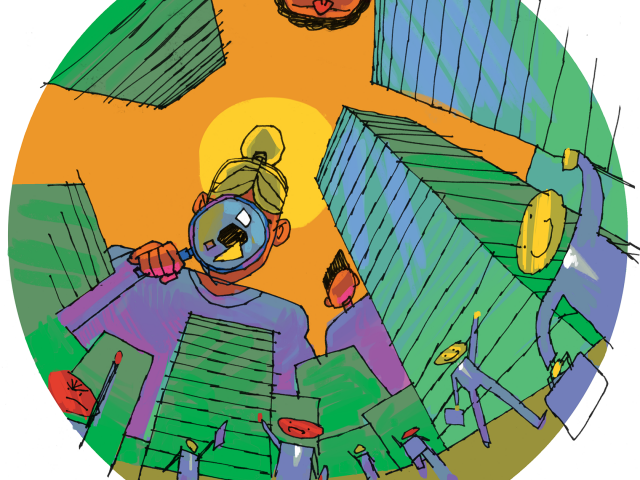


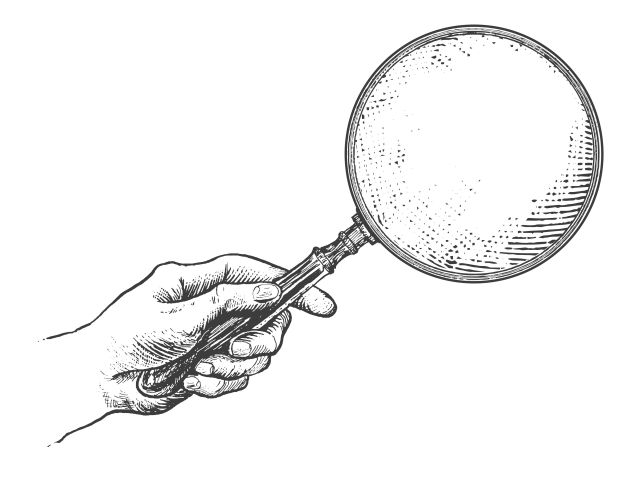
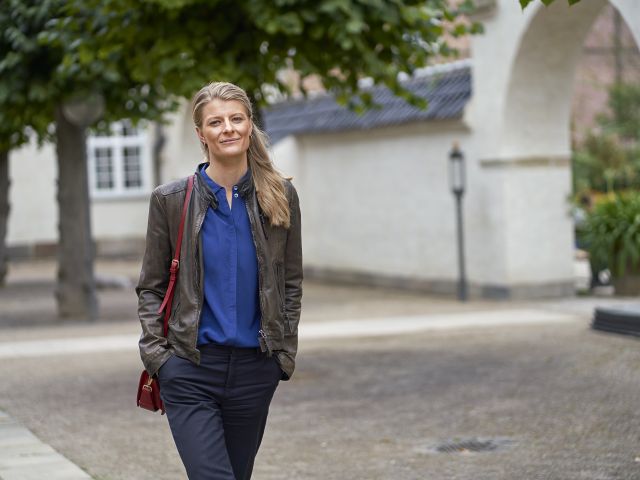




























































































































Comments